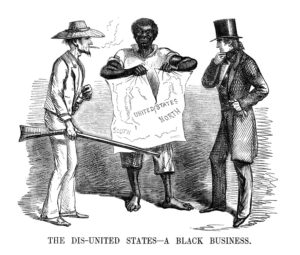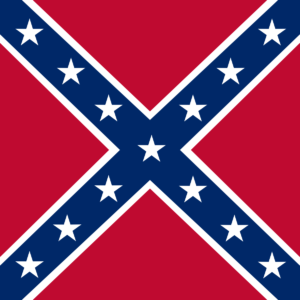Public schools, unlike guns, actually influence what and how people think, believe, and behave. Guns, on the other hand, as inanimate objects, do not and cannot influence anyone to do anything. All of the violence that has been committed in our schools has one thing in common, and it is not an AR-15. All of the violence that has been committed in our schools has been committed in government schools, commonly called “public schools”. In order to stop what the Liberal Left has labeled “gun violence” we should ban government schools not guns. All Americans, who understand that the Liberal Left’s view of life does not work, cannot work, and will never work, no matter how it is implemented, should band together to ban government schools, because their philosophy is literally killing our school children.




 Western Christian orthodoxy, in which American culture is rooted, came out of the dispute with the eastern Christian Church. There was a time when Christianity was the predominant faith throughout what is now known as the Middle East and it reached all the way to modern China. The eastern Christian empire, however, did not hold to the same beliefs as the western one. Today, except for a few pockets of Christians in what is now an Islamic dominated region, Christianity in that area has all but disappeared. The eastern Christian empire and their different understanding of the nature of Christ are vital, not only to the story of Christianity, but to the understanding of American culture and reasonable expectations concerning the future of our nation given its present political course.
Western Christian orthodoxy, in which American culture is rooted, came out of the dispute with the eastern Christian Church. There was a time when Christianity was the predominant faith throughout what is now known as the Middle East and it reached all the way to modern China. The eastern Christian empire, however, did not hold to the same beliefs as the western one. Today, except for a few pockets of Christians in what is now an Islamic dominated region, Christianity in that area has all but disappeared. The eastern Christian empire and their different understanding of the nature of Christ are vital, not only to the story of Christianity, but to the understanding of American culture and reasonable expectations concerning the future of our nation given its present political course.